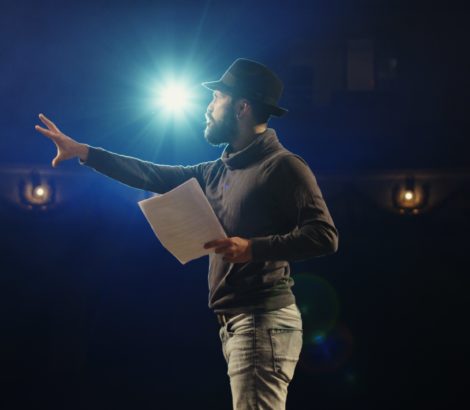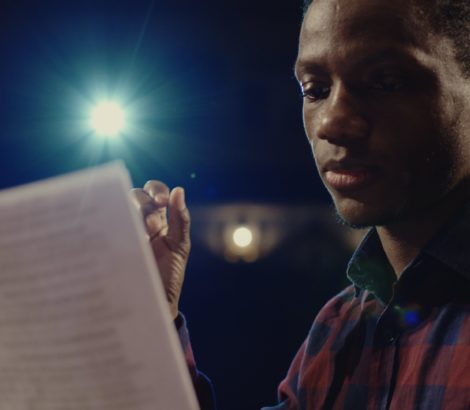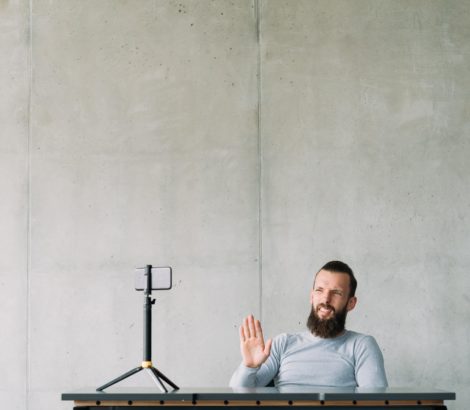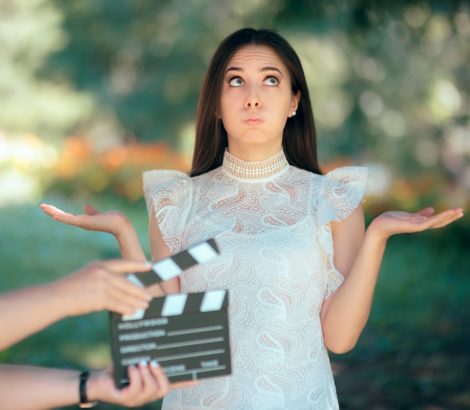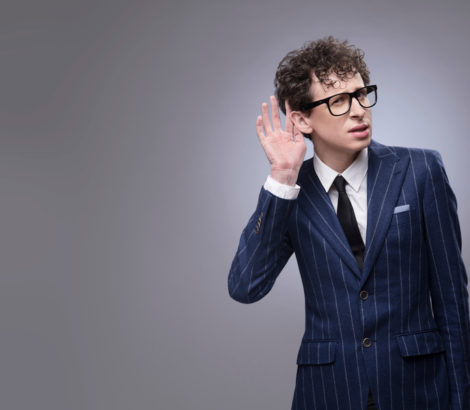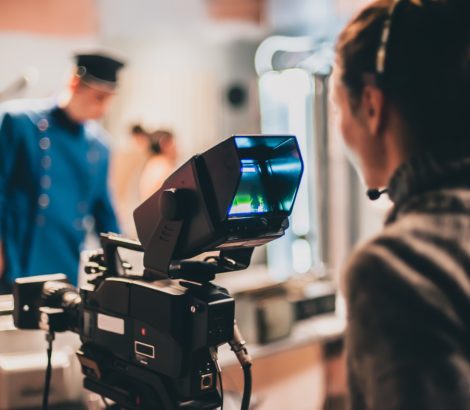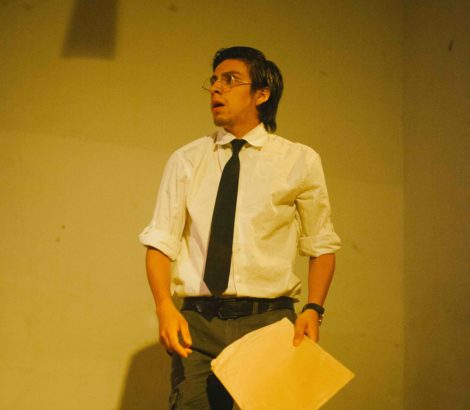It’s widely known that meditation can help increase focus and reduce stress. If that isn’t enough to get you into a mindfulness practice, here are a few other things to consider that might convince you.
I’m a big fan of meditation and I’m known by my students to be preachy about it. Mainly because when students ask about certain things they struggle with I often respond with “meditation can help with that”. There are a lot of different types of meditation, and a lot of different tools to help you get into a practice. You need to find what works for you. Even if it’s 5 minutes a day of breathing and mindfulness, it’s better than not meditating at all. Here’s why —

Take responsibility for your state of mind.
Once you take responsibility for your state of mind, you realize that you have more control over your mental state than you ever gave yourself credit for. Contrary to some ignorant beliefs, meditation is not about becoming thoughtless or without feelings, it’s about observing your thoughts and feelings without judgement. When you become aware of your thoughts (by continually observing them) you’ll probably start to see how your inner world dictates the amount of chaos you experience in your outer world.
Homeostasis is the self-regulating process that allows us to maintain stability internally, regardless of external conditions. How this applies to acting is our ability to remain calm and relaxed when under stress. Realizing that you can feel however you choose to feel (by having the awareness and power to choose your thoughts) can be an incredibly powerful tool for the actor.
Your mind, and the state of it, are part of your instrument. Take care of your instrument.
Focus
When I’m consistent with my meditation practice, I notice that I have better control over my thoughts. Even the simple discipline of breathing, noticing when I’ve started to “think”, and continually deciding to get my focus back on my breathing and the present moment, is an exercise that strengthens my ability to decide what I’m focusing on. It’s not easy. If you have a busy mind like I do it can be incredibly painstaking. But it teaches you patience, and with diligent practice over time, can make it much easier to decide what you are thinking about. Being able to direct your focus is a necessary skill for the actor.
The practice of quieting the mind isn’t about a mind that has no noise (you wouldn’t be conscious if that were true!) it’s about deciding what runs through your mind; it’s recognizing when garbage is trying to get in there and having the power to get rid of it before it does any damage.
This can also come in handy at auditions. Have you ever found yourself in the casting waiting room with your busy comparing yourself to everyone else in the room? Or second guessing your outfit? Or worrying about how it’s going to go once you get in there? The ability to direct your focus back on your sides and the thinking process of the character can make or break your audition experience.
Emotional Health.
Your subconscious mind cannot tell the difference between something you are imagining and something you are actually experiencing. (That’s another reason why it’s so important to be able to have control over your thinking!)
When we are emotionally prepared on imaginary circumstances in a script, we feel it as though we have lived it (if we have prepared well, of course). That can take us to dangerous places internally, especially in dark dramas or horror films. We’ve got to be able to come back from our preparation and get grounded into the real world, our real lives. Emotional awareness and health can help us do that, but we must make sure we are at the height of our emotional health the best we can.
It’s a (thankfully) dying myth that artists need to be emotionally tortured on some level to be creative, or to make anything with deep meaning. It couldn’t be farther from the truth. If you’re still a believer in that myth, I suggest you add the following books that address this beautifully to your reading list: The Artist’s Way by Julie Cameron and Big Magic by Elizabeth Gilbert.
Memory.
Studies show that practicing mindfulness can enhance cognitive performance by improving our ability to concentrate and keep information active in our minds. The more your cognition improves, the more your hippocampus changes.
The frontal brain lobe and the hippocampus (short term and long term memory storage centers) both light up during meditation. By exercising your memory muscles in meditation, you’re increasing your brain’s ability to store new memories. (Memorizing lines!) Also, your brain has no place to discard memories, so they stay in there, and meditation helps improve your ability to access your memories.
Studies show that practicing mindfulness can enhance cognitive performance by improving our ability to concentrate and keep information active in our minds. The more your cognition improves, the more your hippocampus changes.
Sleep & Relaxation.
Meditation doesn’t only help you sleep, it helps you sleep more efficiently so you can function better on less sleep. This is a great benefit for a working actor. When we get busy, we don’t get as much sleep, but sleep is so necessary for us to function at our best. Regular meditators have the ability to divert disturbing thoughts that might prevent us from falling asleep, or causing us to have less-than-quality sleep. Meditation promotes relaxation, and relaxation is the gateway to good sleep.
Meditation can produce a deep state of relaxation and a tranquil mind. It can help us face stressful situations with a centered, calm mindset. The ability to stay relaxed under pressure is a necessary skill for every actor. Having a completely relaxed, yet totally alert body and mind is the ideal way to deliver a meaningful, connected and in-the-moment performance consistently.
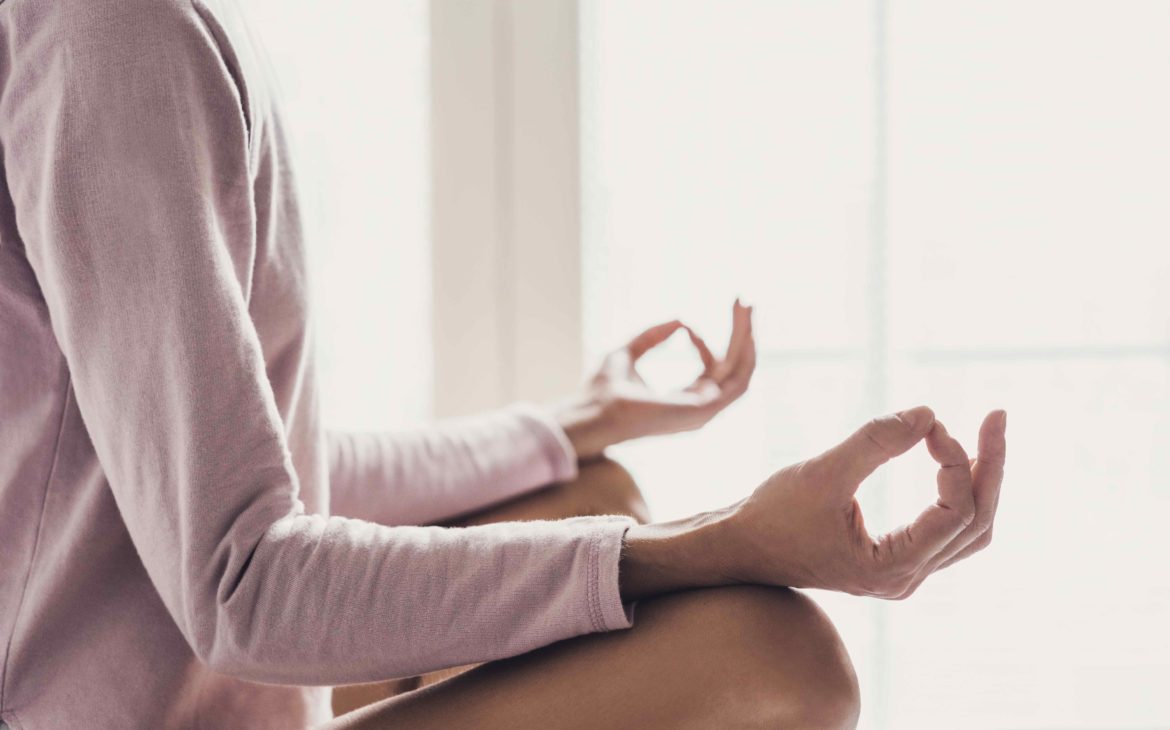
To be mindful means to have the ability to be fully present in the moment, completely engaged with whatever we are doing in the here and now. I can’t think of a better superpower for an actor to cultivate. Mindfulness allows us to acknowledge our feelings and reactions to our outer environment but have the control in how we behave or feel in reaction to our environment. One of the most precious parts of an actor’s instrument is the mind. Treat your instrument with respect and take care of your mind by learning to meditate.


